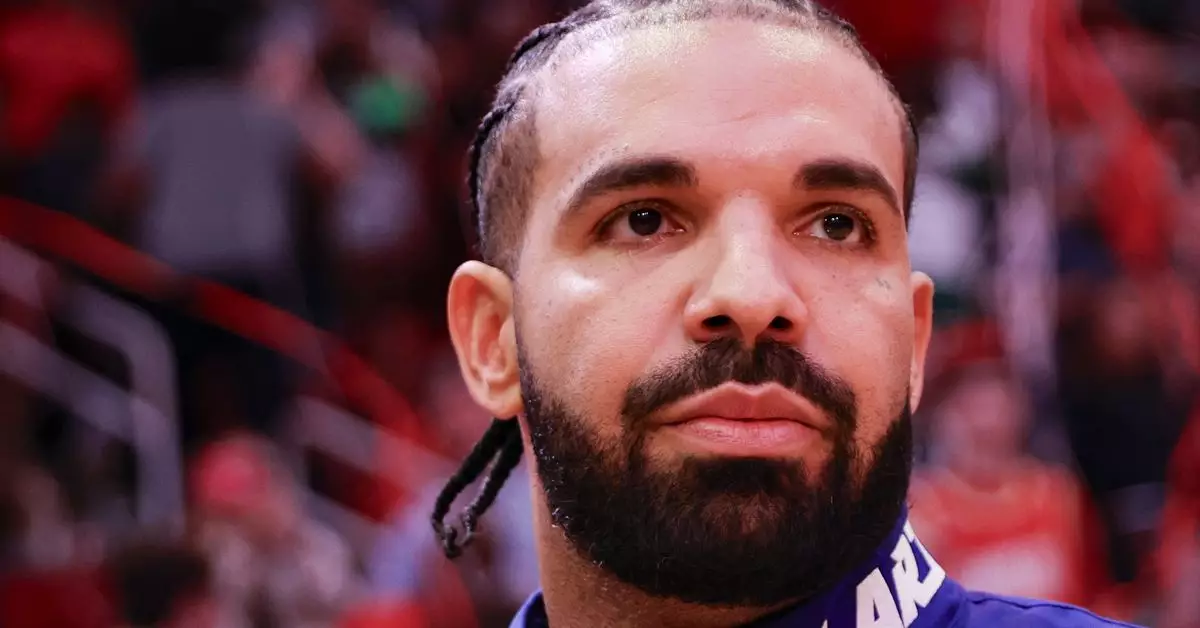Drake recently found himself in hot water after releasing a diss track featuring AI-altered vocals of the late rapper Tupac Shakur. The song, titled “Taylor Made,” was a response to fellow rapper Kendrick Lamar, but it quickly garnered attention for all the wrong reasons. Tupac’s lawyers wasted no time in issuing a warning to Drake, threatening legal action if he did not remove the track.
Drake’s Response and Removal of the Song
In response to the legal threat, Drake decided to take down “Taylor Made” from his X profile. Despite the song not being officially released on any streaming platforms, the fact that it had been reposted all over the internet raised concerns for Tupac’s estate. While it remains unclear whether Drake profited directly from the song, the implications of using AI-altered vocals without permission are significant.
“Taylor Made” is just one example of a mainstream musician experimenting with technology in music creation. While some artists embrace AI and other advanced tools as a means of pushing boundaries creatively, others see them as a threat to their careers. In this case, Tupac’s estate was quick to defend the late rapper’s legacy and rights, leading to the swift removal of the controversial track.
The Ongoing Beef with Kendrick Lamar
Drake’s feud with Kendrick Lamar has been the driving force behind much of the recent drama. By using recreations of Snoop Dogg and Tupac’s voices in “Taylor Made,” Drake aimed to strike a chord with Lamar’s musical influences. However, the decision ultimately backfired, resulting in legal action and a tarnished reputation for the Canadian rapper.
As the music industry continues to evolve, the role of AI and technology in music production will only grow. Artists must navigate the legal and ethical implications of using such tools responsibly. Drake’s misstep serves as a cautionary tale for musicians looking to experiment with AI-altered vocals and other technologies in their work. Moving forward, it is essential for artists to seek proper permissions and understand the potential consequences of their creative choices.


Leave a Reply